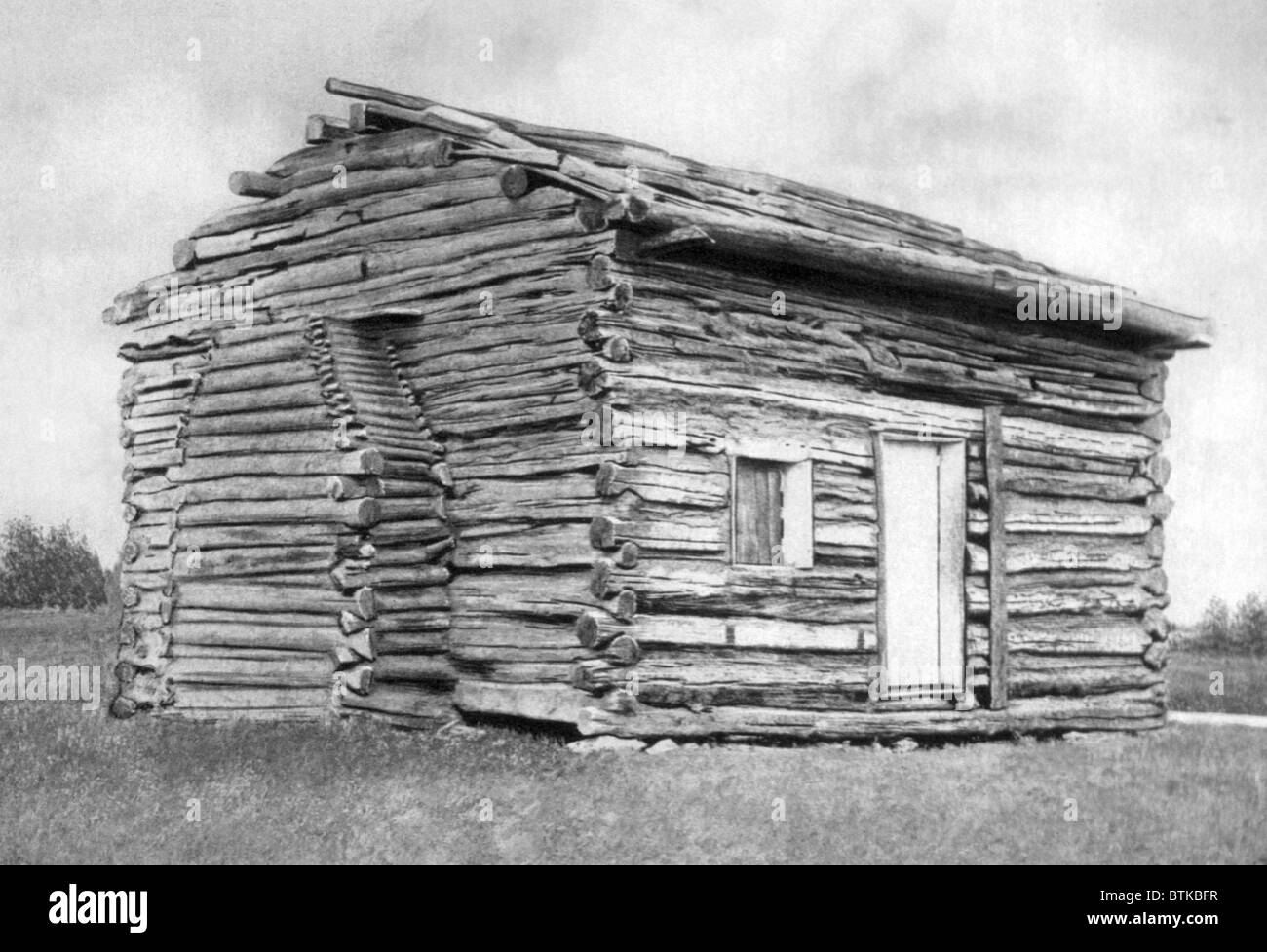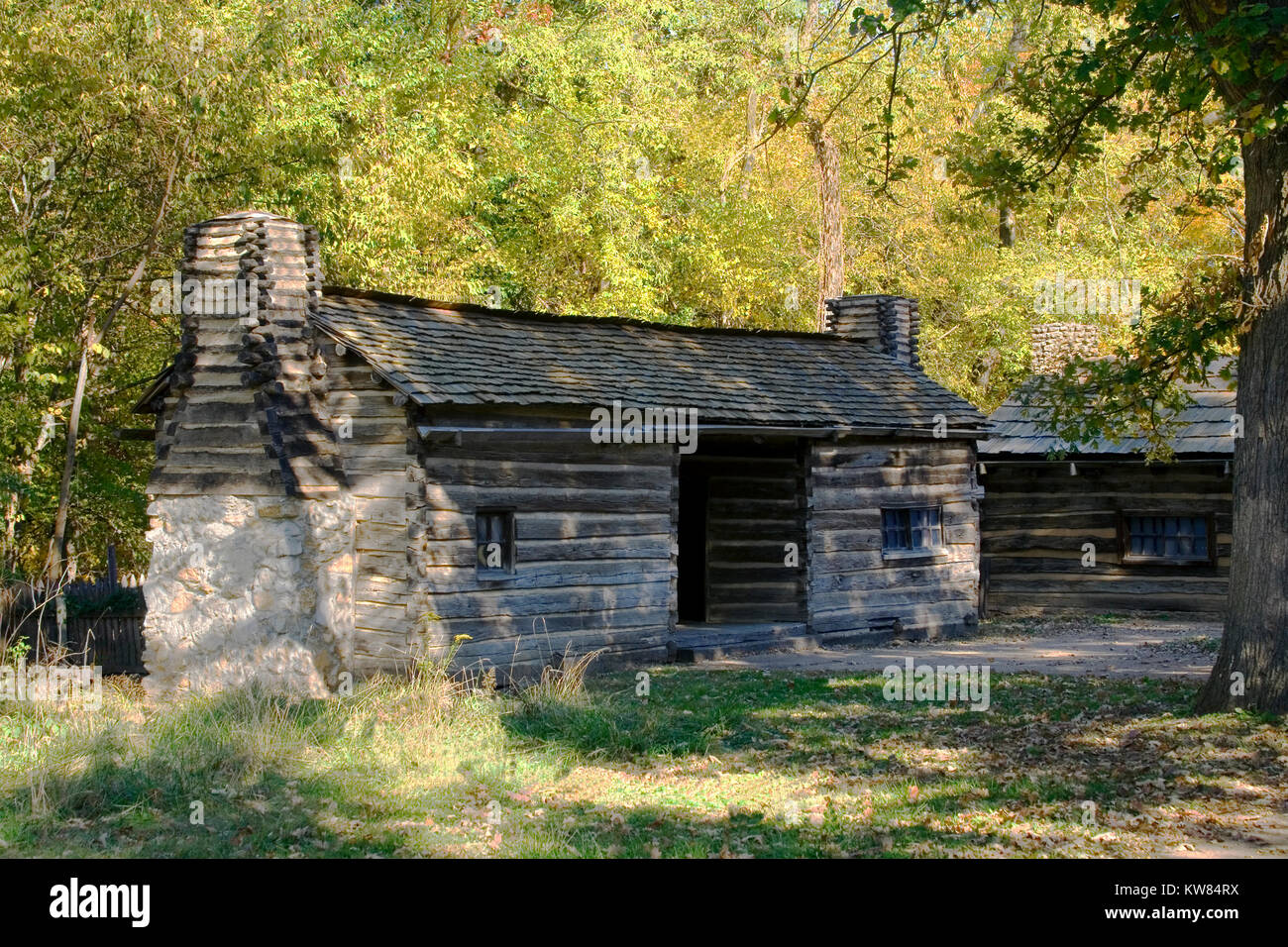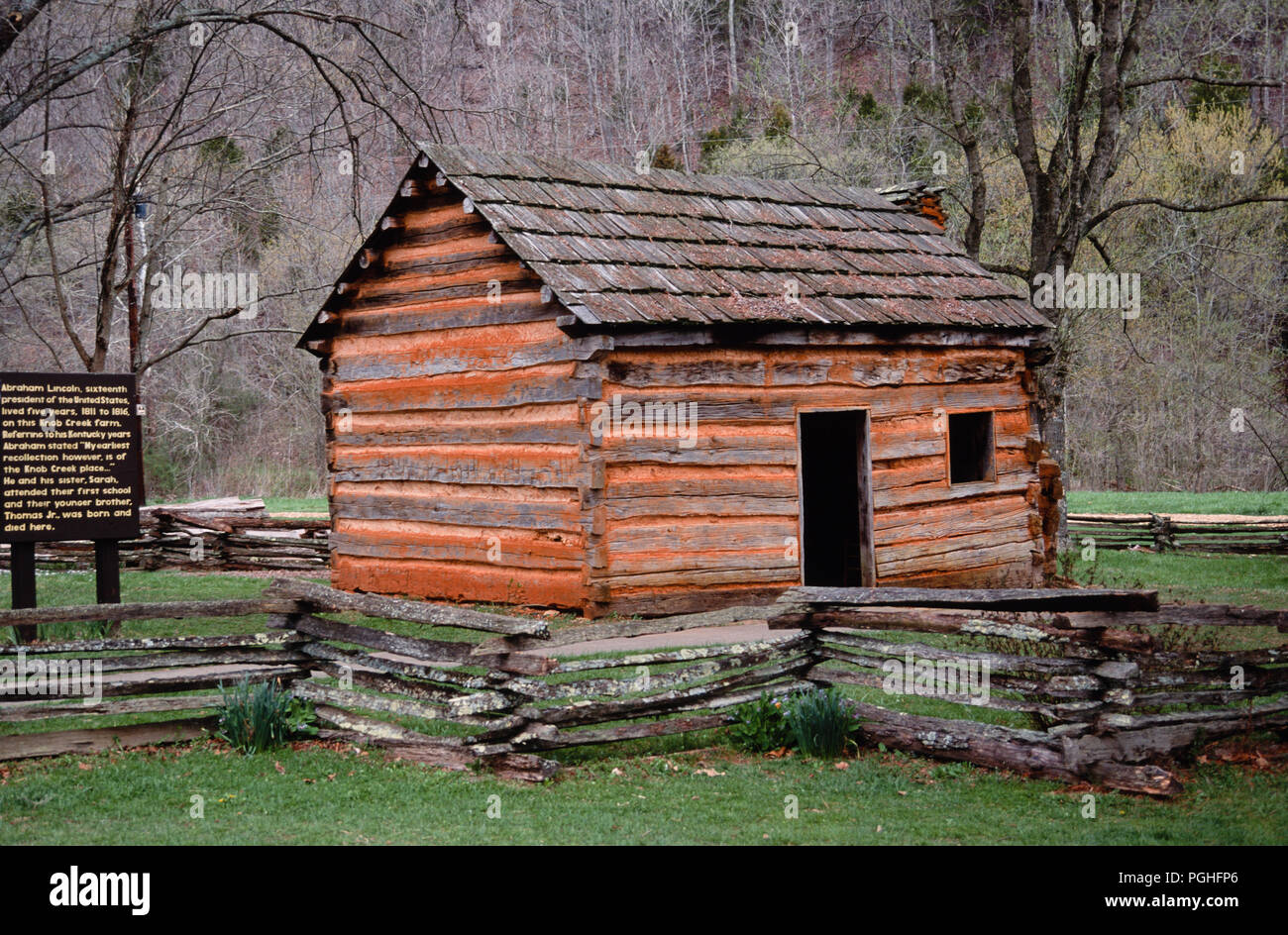
In 1844, Lincoln partnered with William Herndon in the practice of law. After being admitted to the bar in 1837, he moved to Springfield, Illinois, and began to practice in the John T. He taught himself the law by reading William Blackstone’s Commentaries on the Laws of England. He saw no combat during this time, save for “a good many bloody struggles with the mosquitoes,” but was able to make several important political connections.Īs he was starting his political career in the early 1830s, Lincoln decided to become a lawyer. When the Black Hawk War broke out in 1832 between the United States and Native Americans, the volunteers in the area elected Lincoln to be their captain. (The National Wrestling Hall of Fame posthumously gave Lincoln its Outstanding American Award in 1992.) Lincoln notably beat a local champion named Jack Armstrong and became somewhat of a hero. A shopkeeper who employed Lincoln in New Salem, Illinois, reportedly arranged bouts for him as a way to promote the business. Not surprising given his imposing frame, Lincoln was an excellent wrestler and had only one recorded loss-to Hank Thompson in 1832-over a span of 12 years. It was through working with the public that Lincoln acquired social skills and honed a storytelling talent that made him popular with the locals. Young Lincoln eventually migrated to the small community of New Salem, Illinois, where over a period of years he worked as a shopkeeper, postmaster, and eventually general store owner. He was known for his skill in wielding an ax and early on made a living splitting wood for fire and rail fencing. He spoke with a backwoods twang and walked with a long-striding gait. Lincoln was 6 feet 4 inches tall, rawboned and lanky yet muscular and physically strong.
#ABRAHAM LINCOLN LOG CABIN TOUR MANUAL#
When his father moved the family again to Coles County, 22-year-old Lincoln struck out on his own, making a living in manual labor. In March 1830, the family again migrated, this time to Macon County, Illinois. He undoubtedly read the family Bible and probably other popular books at that time such as Robinson Crusoe, Pilgrim’s Progress, and Aesop’s Fables. Neighbors recalled how Lincoln would walk for miles to borrow a book. Reading material was in short supply in the Indiana wilderness. It was while growing into manhood that Lincoln received his formal education-an estimated total of 18 months-a few days or weeks at a time. She was a strong and affectionate woman with whom Lincoln quickly bonded.Īlthough both his parents were most likely illiterate, Thomas’ new wife Sarah encouraged Lincoln to read.


In December 1819, just over a year after his mother’s death, Lincoln’s father Thomas married Sarah Bush Johnston, a Kentucky widow with three children of her own. 12 Presidential Nicknames and Their Origins.The event was devastating to the young boy, who grew more alienated from his father and quietly resented the hard work placed on him at an early age. When Lincoln was 9 years old, his 34-year-old mother died of tremetol, more commonly known as milk sickness, on October 5, 1818. Lincoln’s father was eventually able to buy the land. In Indiana, the family “squatted” on public land to scrap out a living in a crude shelter, hunting game and farming a small plot.

In 1817, the Lincolns were forced to move from young Abraham’s Kentucky birthplace to Perry County, Indiana, due to a land dispute. His death wasn’t the only tragedy the family would endure. The couple had two other children: Lincoln’s older sister, Sarah, and younger brother, Thomas, who died in infancy. Thomas was a strong and determined pioneer who found a moderate level of prosperity and was well respected in the community.

HEIGHT: 6 feet 4 inches Early Life, Parents, and EducationĪbraham Lincoln was born on February 12, 1809, to parents Thomas Lincoln and Nancy Hanks Lincoln in rural Hodgenville, Kentucky. Quick FactsĬHILDREN: Robert Todd Lincoln, Edward Baker Lincoln, William Wallace Lincoln, and Thomas “Tad” Lincoln Lincoln’s distinctively humane personality and incredible impact on the nation have endowed him with an enduring legacy. He was assassinated by John Wilkes Booth in 1865, at age 56, as the country was slowly beginning to reunify following the war. Lincoln’s rise from humble beginnings to achieving the highest office in the land is a remarkable story, and his death is equally notably. In 1863, he issued the Emancipation Proclamation, which freed slaves across the Confederacy. His eloquent support of democracy and insistence that the Union was worth saving embody the ideals of self-government that all nations strive to achieve. Civil War Ends and Lincoln’s ReelectionĪbraham Lincoln was the 16 th president of the United States, serving from 1861 to 1865, and is regarded as one of America’s greatest heroes due to his roles in guiding the Union through the Civil War and working to emancipate enslaved people.


 0 kommentar(er)
0 kommentar(er)
